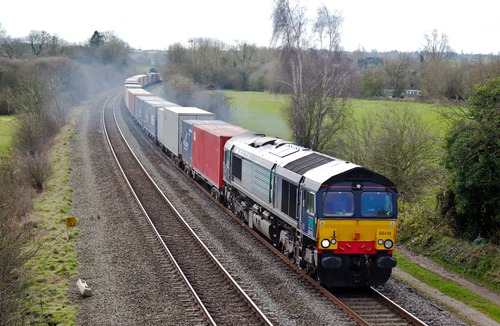
More than 35 percent of annual rail revenue and at least 42 percent of rail carloads and intermodal units are associated directly with international trade, according to a new report recently released by the Association of American Railroads (AAR).
The report also found that approximately 50,000 domestic rail jobs and more than $5.5 billion in annual wages and benefits depend directly on international trade. It analyzed data from the 2014 Surface Transportation Board Waybill Sample, which was the most recent data available for the assessment, as well as other government data, U.S. port information and Google Earth.
“Efforts that curtail overall trade would threaten thousands of U.S. freight rail jobs that depend on it and limit essential railroad revenues used to modernize railroad infrastructure throughout North America,” AAR President and CEO Edward R. Hamberger said.
“For a highly capital-intensive industry that has spent $26 billion annually in recent years, private investment is the lifeblood of a freight rail sector that must devote massive sums to safely, efficiently and affordably deliver goods across the economy. Upending the ability of railroads to do so by undermining free trade agreements that have done far more good than harm would have far reaching effects,” he added.
Trade associated with rail traffic included movements of coal for exports out of Maryland, Virginia, the Gulf Coast and the Great Lakes; imports and exports of Canadian and Mexican automotive products to and from auto factories throughout the United States; and Minnesota-mined iron ore shipped to the Great Lakes ports, among many other trade shipments.
“These numbers validate our view that U.S. policymakers should proceed with caution in their quest to reverse some impacts of globalization,” Hamberger said.